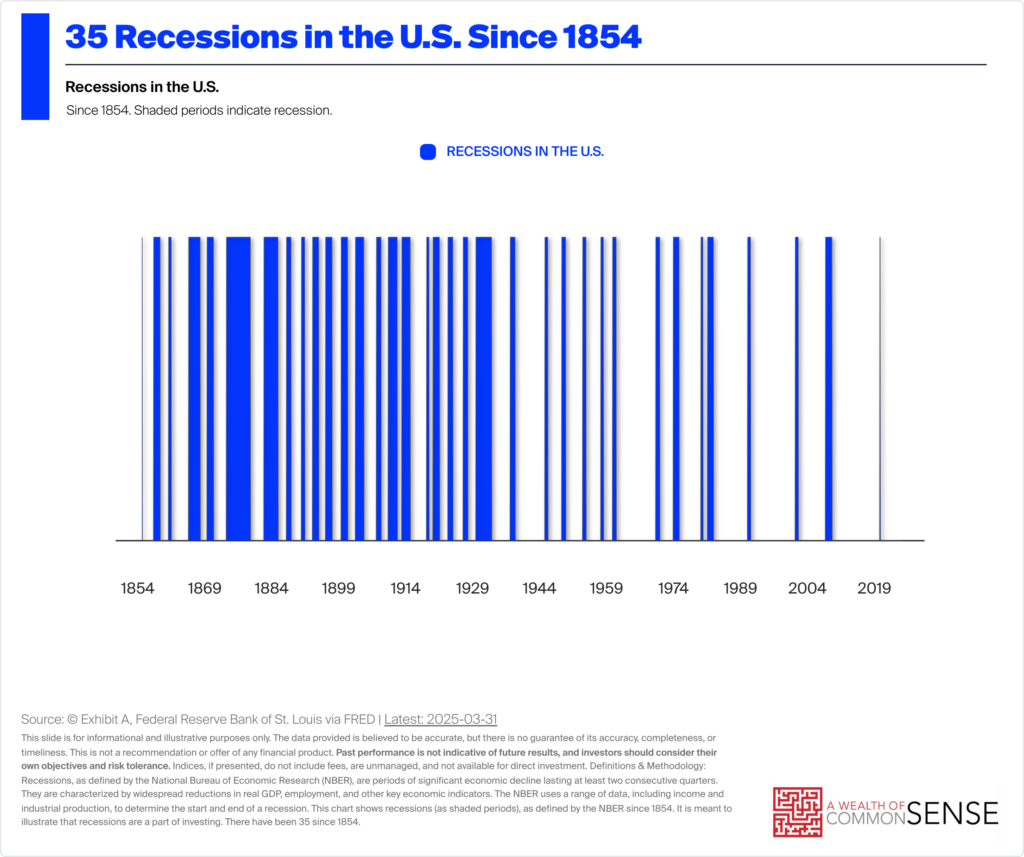Suze Orman’s Top Retirement Advice You Shouldn’t Ignore
This post may contain links from our sponsors and affiliates, and Flywheel Publishing may receive compensation for actions taken through them. At some point, we all want to retire comfortably. But to do so, you need to plan ahead, as noted by finance expert Suze Orman. In fact, she notes there are key things you […] The post Suze Orman’s Top Retirement Advice You Shouldn’t Ignore appeared first on 24/7 Wall St..

compensation for actions taken through them.
At some point, we all want to retire comfortably.
But to do so, you need to plan ahead, as noted by finance expert Suze Orman. In fact, she notes there are key things you should pay close attention to if you’re nearing retirement.

Key Points About This Article
- Start saving for retirement as early as possible. That way you can take full advantage of compound interest.
- If you really want to retire, you need to know what your needs will be. That includes calculating your retirement expenses, healthcare needs, housing and lifestyle costs.
- Diversification is also vital for minimizing risk and maximizing returns over the long haul. Orman suggests using a mix of stocks, bonds, and other investment tools.
- 4 million Americans are set to retire this year. If you want to join them, click here now to see if you’re behind, or ahead. It only takes a minute. (Sponsor)
No. 1: Save Early and Consistently
Start saving for retirement as early as possible. That way you can take full advantage of compound interest. Unfortunately, the longer you wait to get serious about saving and retirement, you begin to lose out on the power of compound interest.
As noted by Fortune.com, “Let’s say you had $5,000 in a savings account that earns 5% in annual interest. In year one, you’d earn $250, giving you a new balance of $5,250. In year two, you would earn 5% or $262.50 on the larger balance of $5,250, giving you a new balance of $5,512.50.”
“Thanks to the magic of compound interest, the growth of your savings account balance would accelerate over time as you earn interest on increasingly larger balances. If you left the initial principal of $5,000 in the savings account for 30 years, earning a 5% annual interest rate the whole time and never adding another penny, you’d end up with a balance of $21,609.71.”
No. 2: Know Your Retirement Needs
Know how much you may spend in retirement: Do you plan to travel? Do you plan to buy an expensive car, home, or maybe sit in a casino? Or, do you plan to just take it easy at home, and put money away for your children?
Know how much you expect to pull from retirement funds every year: The last thing you want to do is run out of money during retirement. To help, analysts recommend a 4% average withdrawal rate per year to make sure you will have enough cash on hand to live. While 4% is a widely accepted approach for many retirees, check in with your financial advisor.
No. 3: Max Out Your Retirement Account Contributions
An Individual Retirement Account (IRA) allows you to save for retirement with tax-free growth or on a tax-deferred basis. You can invest in a traditional IRA, for example. While it’s best to check with your financial advisor, many times you can deduct contributions on your tax return.
There’s also the Roth IRA, where you make contributions with money you’ve already paid taxes on. With a Roth IRA, your money can grow tax-free with tax-free withdrawals. But again, check in with your financial advisor before doing anything.
Or, if you’re self-employed, look into the Solo 401(k), a variation of the 401(k) plan but specifically set up for those who work for themselves.
Also, for 2024, the IRS says you can contribute up to $69,000 with an additional catch-up contribution of $7,500 if you’re 50 or older.
And if you have an employer that will match your 401(k), maximize your contributions up to the amount your employer will match. If your employer will match up to 6% of your salary, maximize that. To really build your wealth using that employer match, start early with your employer, even if you can only afford to invest 1% of each check into retirement.
No. 4: Diversify Your Portfolio
Diversification is also vital for minimizing risk and maximizing returns over the long haul. Orman suggests using a mix of stocks, bonds, and other investment tools, such as real estate. She also argues it’s important to review and adjust your diversified portfolio, especially as you get closer to retiring. This is another reason to consult with a financial advisor.
No. 5: Pay Off High-Interest Debt
If you carry over a credit card balance, you’ll get hit with ridiculous interest rates. Make sure they’re all up to date and start tackling them.
And, if you’re struggling with debt, there are solutions.
One is to focus on the smaller balances first. That way, you free up even more cash for the heavier debt. Then, once the smaller debts are paid off, you now have new cash flow to tackle to make extra payments on higher interest balances.
Two, you could make just minimum payments on all of your debt and put a chunk into the expense with the most interest. Or three, you could take out a consolidation loan, wipe out all of the outstanding debt, and have one balance. Not only could this allow you to manage your debt a bit better, it may also allow you to put extra funds into an emergency account.
No. 6: Consider Delaying Social Security
To receive full benefits, you should retire at the age of 67. Or, if you want to earn more in retirement, delay it. According to Kiplinger.com, “For every year you delay taking your Social Security benefits past full retirement age, you get a bump of 8% in your benefit until age 70. For example, if you’d receive $1,000 per month at your full retirement age of 66, delaying your benefits to age 70 would boost your monthly check to $1,320.”
While you can always retire at 62, you won’t receive any more benefits from Social Security at your full retirement age. If you claim benefits before you reach full retirement, it will permanently reduce your monthly benefit.
The post Suze Orman’s Top Retirement Advice You Shouldn’t Ignore appeared first on 24/7 Wall St..


























































































































































